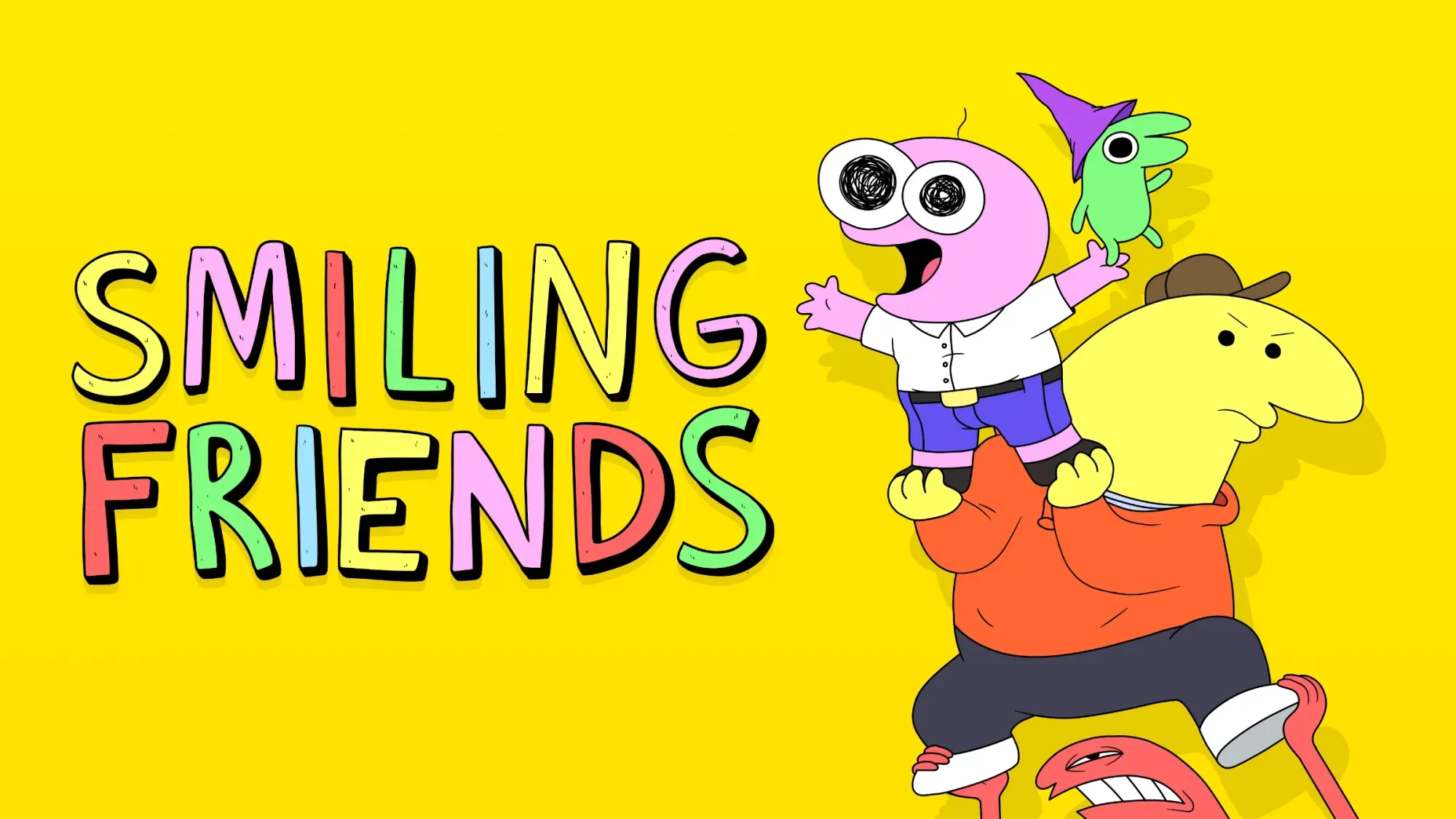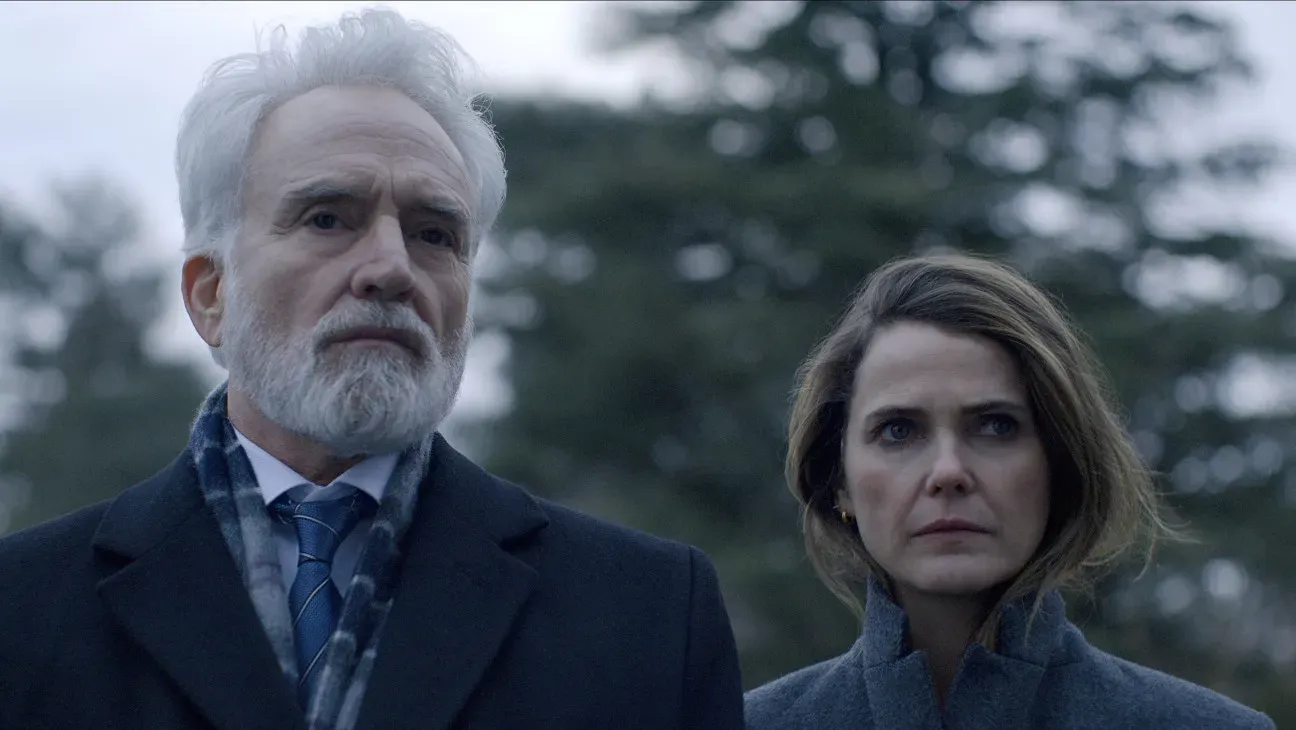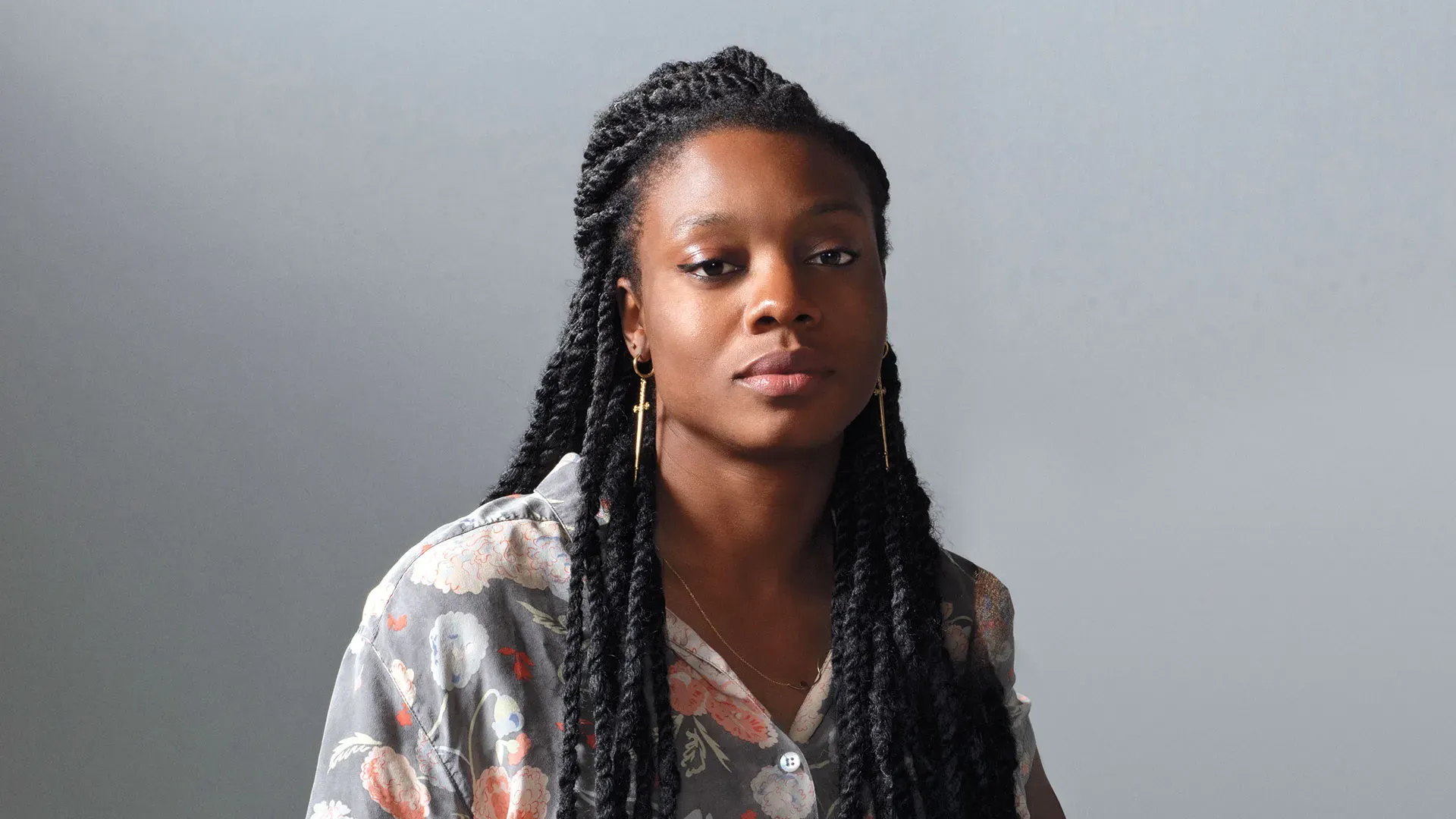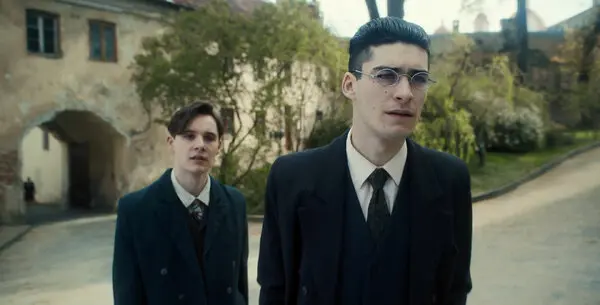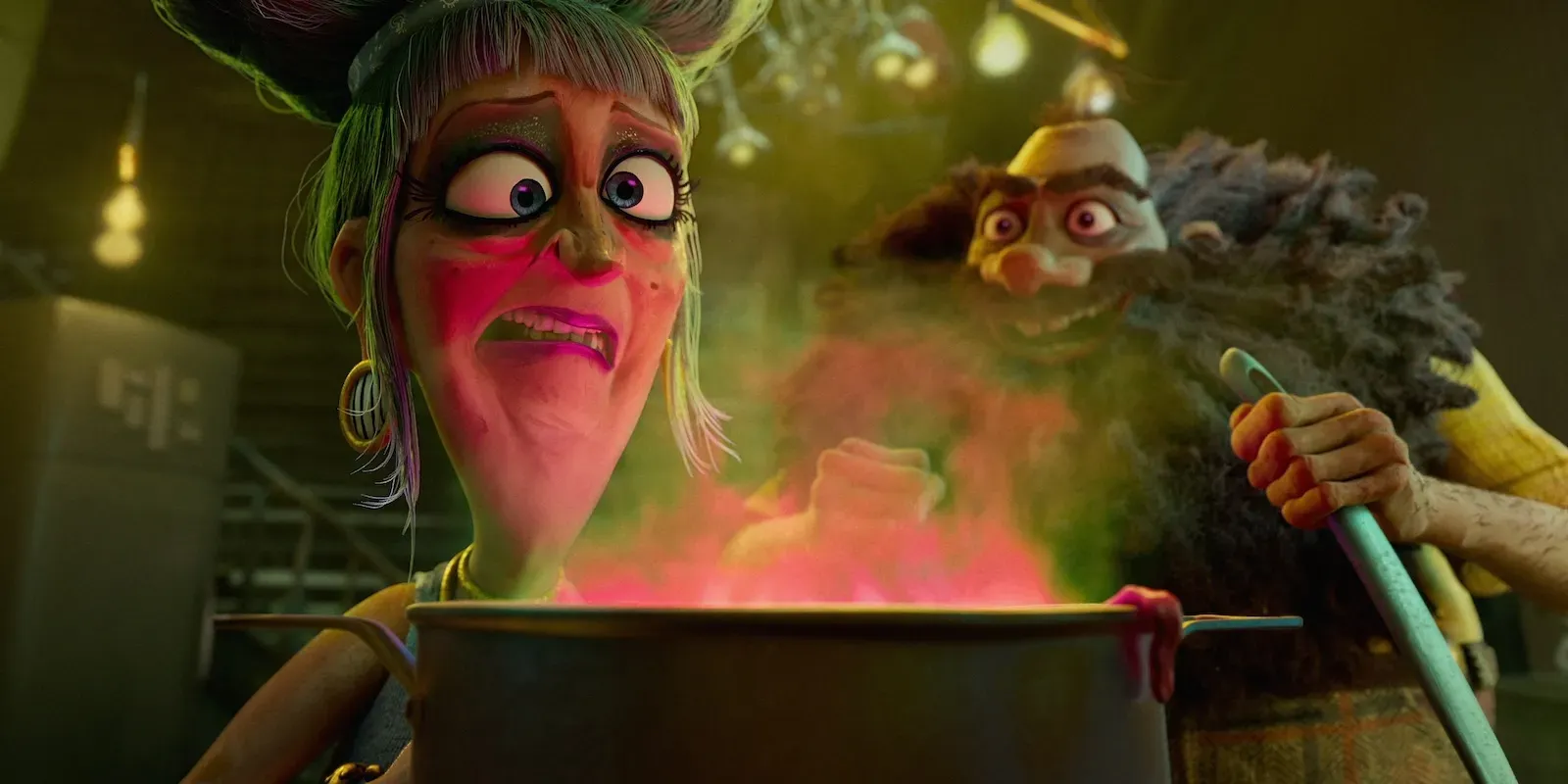
Down Low (2023) - Movie Review
- Oct 15, 2023
The contemporary cinematic world witnesses a groundbreaking film in "Down Low," aspiring to be a benchmark in queer comedic cinema. As a daring spectacle, the film, intertwined with extravagant, explicit scenes and unabashed comedy, attempts to mirror the uproarious and raw humor predominant within a part of the queer community.
Zachary Quinto, embodying Gary, a rich, recently divorced gentleman venturing into new sexual terrains, explores his experiences and mishaps in a world so unfamiliar yet overwhelmingly appealing. Although the film apparently misinterprets its title - a term used predominantly in the Black and Latino communities to refer to men who identify as straight while secretly engaging in homosexual activities - it doesn’t detract from its strikingly bold narrative.
The essence of "Down Low" seems analogous to a hyper-energized version of “Pretty Woman,” intertwined with an abundance of pop culture nods, from the lavish drama of "The Real Housewives" to the whimsical escapades in “Sex and the City 2.” It laces its script with appearances from adored gay icons, including Judith Light and Simon Rex, ensuring that it caters directly and uninhibitedly to its target audience, without concern for maintaining a respectable façade.
As we traverse through the vibrant yet chaotic adventures of Gary, who is ushered into this new world by Cameron (Lukas Gage), a delightfully daring masseur, we witness a narrative that doesn’t bother to pacify or explain itself to a heterosexual audience. It embraces the notion that the explicit, the wild, and the unimaginable are intrinsic parts of some queer experiences. The movie navigates through Gary's tumultuous initiation into this space, from enticing encounters to dealing with the accidental death of a partner, touching upon narratives that are both darkly humorous and dauntingly real.
A distinctive element in “Down Low” is its deviation into the somber realm of “Very Bad Things,” showcasing an unplanned, unfortunate demise, and then spiraling into a sequence of farcical solutions to manage the dire situation. It’s a story that weaves between humorous escapades and awkward affirmations. Despite the film embedding themes of acceptance and openness towards Gary's sexual orientation, it is Gary himself who wrestles with his newly-embraced identity the most, ultimately finding a certain peace and self-acceptance as the narrative unfolds.
The narrative presents a bizarre twist with the introduction of “Flesh Puppet,” portrayed by Rex, embodying a character with dark, eccentric fetishes. Gary’s life, already in a tumultuous spiral, takes a darker turn as it's revealed he is grappling with a terminal brain tumor, perhaps a catalyst driving him to explore and yield to his suppressed desires. The film, albeit edgy and adorned with explicit visuals, surprising its audience with strangely placed montages that range from wardrobe shenanigans to a peculiarly edited first sexual encounter, subtly shelters a sentimental core beneath its wild exterior.
In its audacious attempt, "Down Low" seeks to be more than a comedy. With its raw, unfiltered dialogues and situations, it calls for a shameless embrace of one’s true self, sending a poignant message that resonates deeply despite its eclectic, explicit wrapper. This blend of an outrageous comedy and subtle emotional depth serves not just as entertainment but as a bold statement, articulating a loud, proud, and unashamed proclamation of sexual identity and exploration, affirming that it is never too late to embrace one's true self, even amid chaos and comedy.


